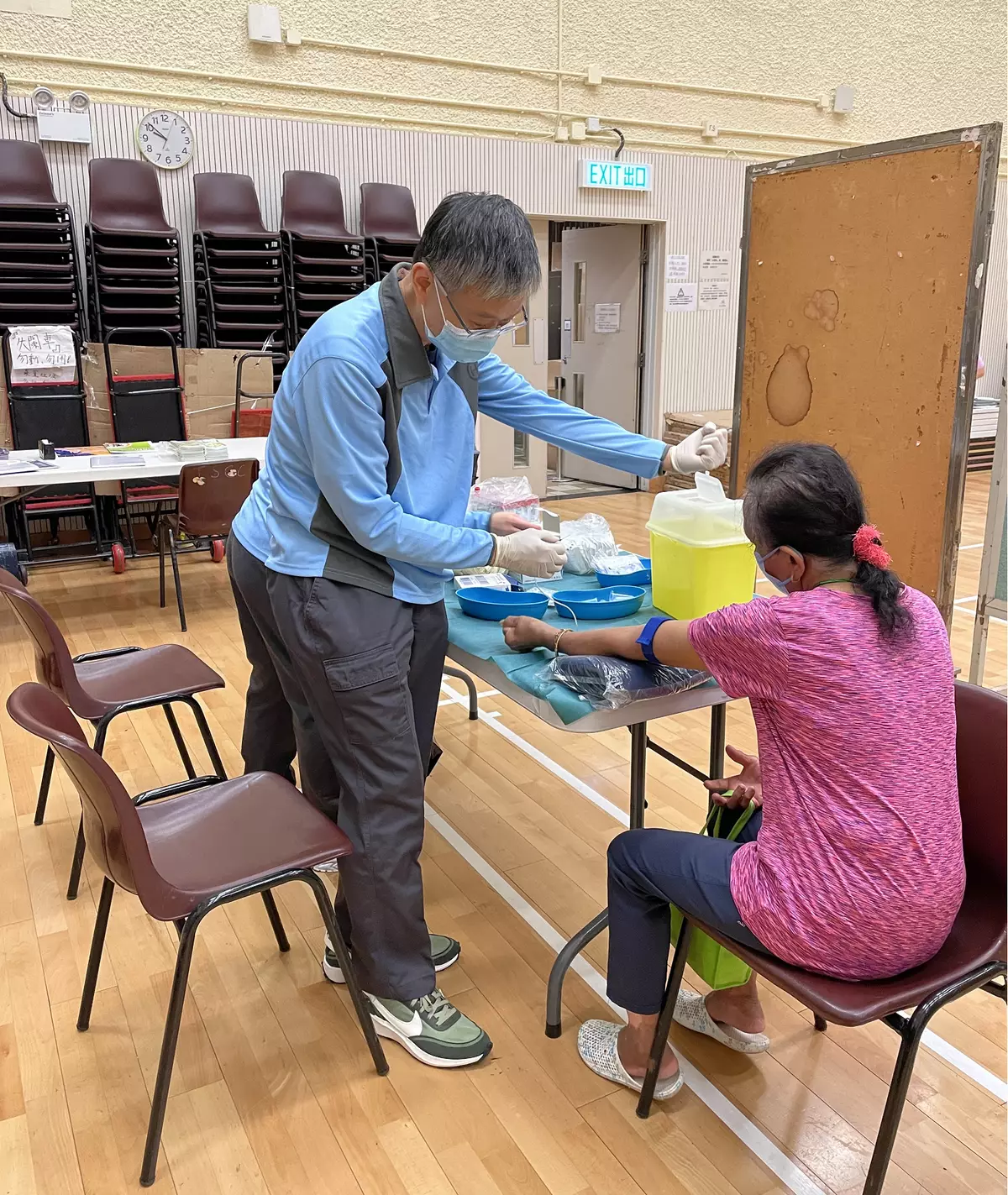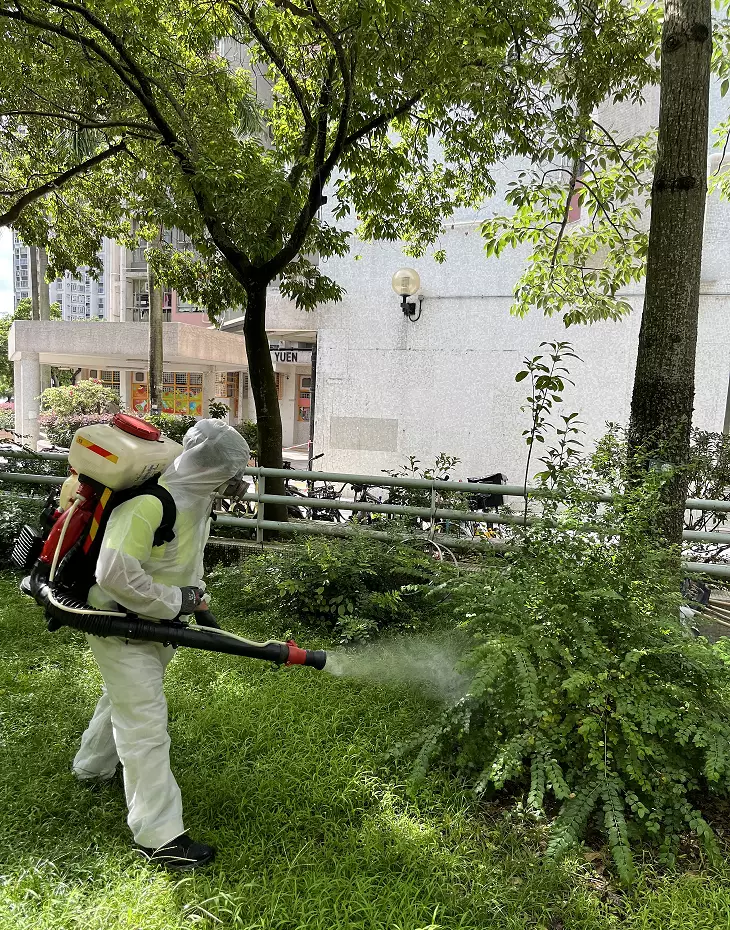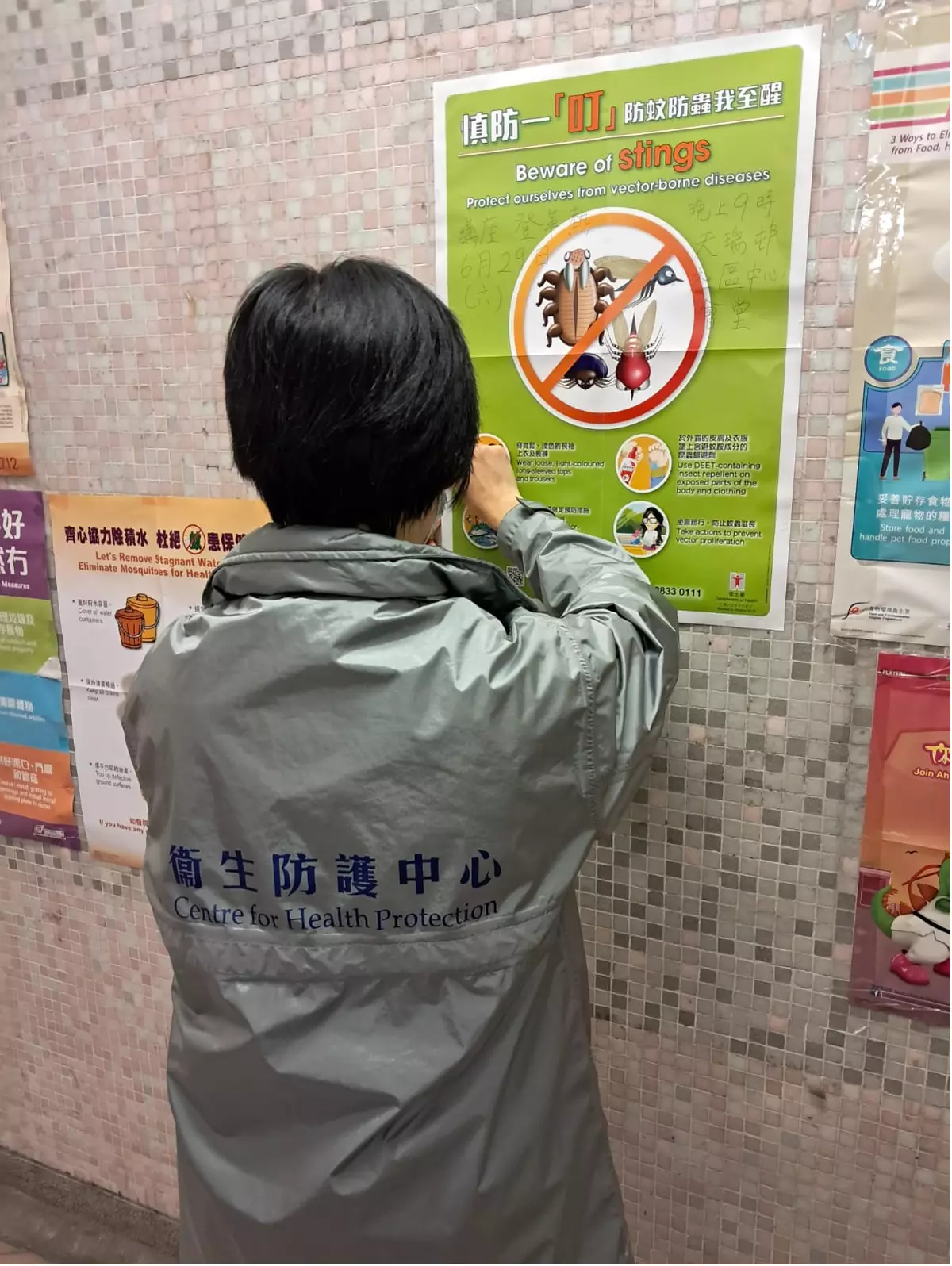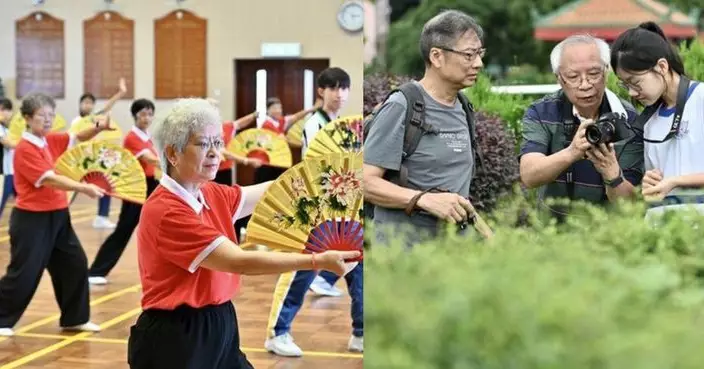Labour department issues heat stress warning: take precautions to prevent heat stroke at work during high temperatures. risk assessments and control measures urged.
As the Heat Stress at Work Warning is now in effect, the Labour Department (LD) reminds employers and employees to take appropriate measures during the effective period of the warning to prevent heat stroke when working in hot weather or hot environments.
Employees who work outdoors or in non-air-conditioned indoor environments face high levels of heat stress and are at a relatively higher risk of heat stroke. Employers should assess the risk factors of heat stress for employees at work and, based on the identified risk factors, take necessary preventive and control measures, including rescheduling work periods, setting up shading covers, providing ventilation and heat dissipation equipment, and reminding employees to replenish water and rest in a timely manner.
The Heat Stress at Work Warning is formulated by the LD based on the Hong Kong Heat Index. There are three levels of the warning: Amber, Red and Black, which help employers and employees better understand the level of heat stress while working outdoors or indoors without air-conditioning systems.
A spokesman for the LD said that when the department issues the Heat Stress at Work Warning, employers must refer to the criteria and recommendations provided in the "Guidance Notes on Prevention of Heat Stroke at Work" to conduct risk assessments, according to the workloads and other relevant heat stress risk factors, for employees who work outdoors or in non-air-conditioned indoor workplaces. Appropriate rest breaks should be arranged every hour, as far as reasonably practicable, based on various levels of the Heat Stress at Work Warning, to reduce employees' risk of heat stroke.
Employees must also follow instructions to rest on time. Whenever there are any symptoms of heat-related illnesses, such as headache, dizziness, thirst, and nausea, they should rest in a cool and shady place, drink water, and inform employers/supervisors to take appropriate action immediately.
The LD issued the "Guidance Notes on Prevention of Heat Stroke at Work", detailing the various risk factors that should be considered when conducting heat stress risk assessments and recommending corresponding control measures for identified risk factors for employers' and employees' reference. For the Heat Stress at Work Warning and related guidelines, please refer to the department's thematic webpage: www.labour.gov.hk/eng/news/prevention_of_heat_stroke_at_work.htm.

Source: AI-generated images
Investigation into dengue fever in tin shui wai continues: public urged to take precautionary measures and stay informed
The Centre for Health Protection (CHP) of the Department of Health today (June 30) continued its investigation into a case of dengue fever (DF)announcedon June 28. The CHP urged again the public to maintain strict environmental hygiene, mosquito control and personal protective measures both locally and during travel. Meanwhile, persons who have been to Tin Shui (1) Estate in Tin Shui Wai with DF symptomsshould contact the CHP as soon as possible.
According to the latest findings of epidemiological investigations, no linked case has been identified by the CHP so far. The CHP has inspected the residence of the patient on June 28. Blood samples of the patient's two household contacts tested negative for dengue virus upon laboratory testing. As at 3pm today, the CHP has contacted over 3 000 residents from over 1 200 households of Tin Shui (1) Estate in Tin Shui Wai. No suspected case is identified.
Officers of the Food and Environmental Hygiene Department (FEHD) and the Housing Department inspected the vicinity of Tin Shui (1) Estate in Tin Shui Wai and enhanced the anti-mosquito work yesterday (June 29) morning. They also suggested the cleansing service contractor to strengthen mosquito control measures.
The CHP held a health talk jointly with the FEHD yesterday evening in the Tin Shui Community Centre, during which the CHP also conducted free DF antibody tests for people in the district with relevant symptoms.
Meanwhile, the CHP appeals to persons who have been to Tin Shui (1) Estate in Tin Shui Wai with DF symptoms to call the CHP's hotline (2125 2374) which is operatingfrom 9am to 1pm tomorrow(July 1) and will continue to operatefrom 9am to 5pmfrom July 2, Monday to Friday(excluding public holidays) for laboratory investigation or referral as appropriate. DF is clinically characterised by high fever, severe headache, pain behind the eyes, muscle and joint pain, nausea, vomiting, swollen lymph nodes and rash.
The CHP's investigations are ongoing.
The public should take heed of the following advice on mosquito control:
Thoroughly check all gully traps, roof gutters, surface channels and drains to prevent blockage;
Scrub and clean drains and surface channels with an alkaline detergent compound at least once a week to remove any deposited mosquito eggs;
Properly dispose of refuse, such as soft drink cans, empty bottles and boxes, in covered litter containers;
Completely change the water of flowers and plants at least once a week. The use of saucers should be avoided if possible;
Level irregular ground surfaces before the rainy season;
Avoid staying in shrubby areas; and
Take personal protective measures such as wearing light-coloured long-sleeved clothes and trousers and apply insect repellent containing DEET to clothing and uncovered areas of the body when doing outdoor activities.
DEET-containing insect repellents are effective and the public should take heed of the tips below:
Read the label instructions carefully first;
Apply right before entering an area with risk of mosquito bites;
Apply on exposed skin and clothing;
Use DEET of up to 30 per cent for pregnant women and up to 10 per cent for children*;
Apply sunscreen first, then insect repellent; and
Re-apply only when needed and follow the instructions.
* For children who travel to countries or areas where mosquito-borne diseases are endemic or epidemic and where exposure is likely, those aged 2 months or above can use DEET-containing insect repellents with a DEET concentration of up to 30 per cent.
The public should call1823in case of mosquito problems and may visit the following pages for more information: the DF pages of theCHPand theTravel Health Service, the latestTravel Health News,tips for using insect repellents, and the CHPFacebook PageandYouTube Channel.

CHP announces investigation progress of case of dengue fever Source: HKSAR Government Press Releases

CHP announces investigation progress of case of dengue fever Source: HKSAR Government Press Releases

CHP announces investigation progress of case of dengue fever Source: HKSAR Government Press Releases

CHP announces investigation progress of case of dengue fever Source: HKSAR Government Press Releases














